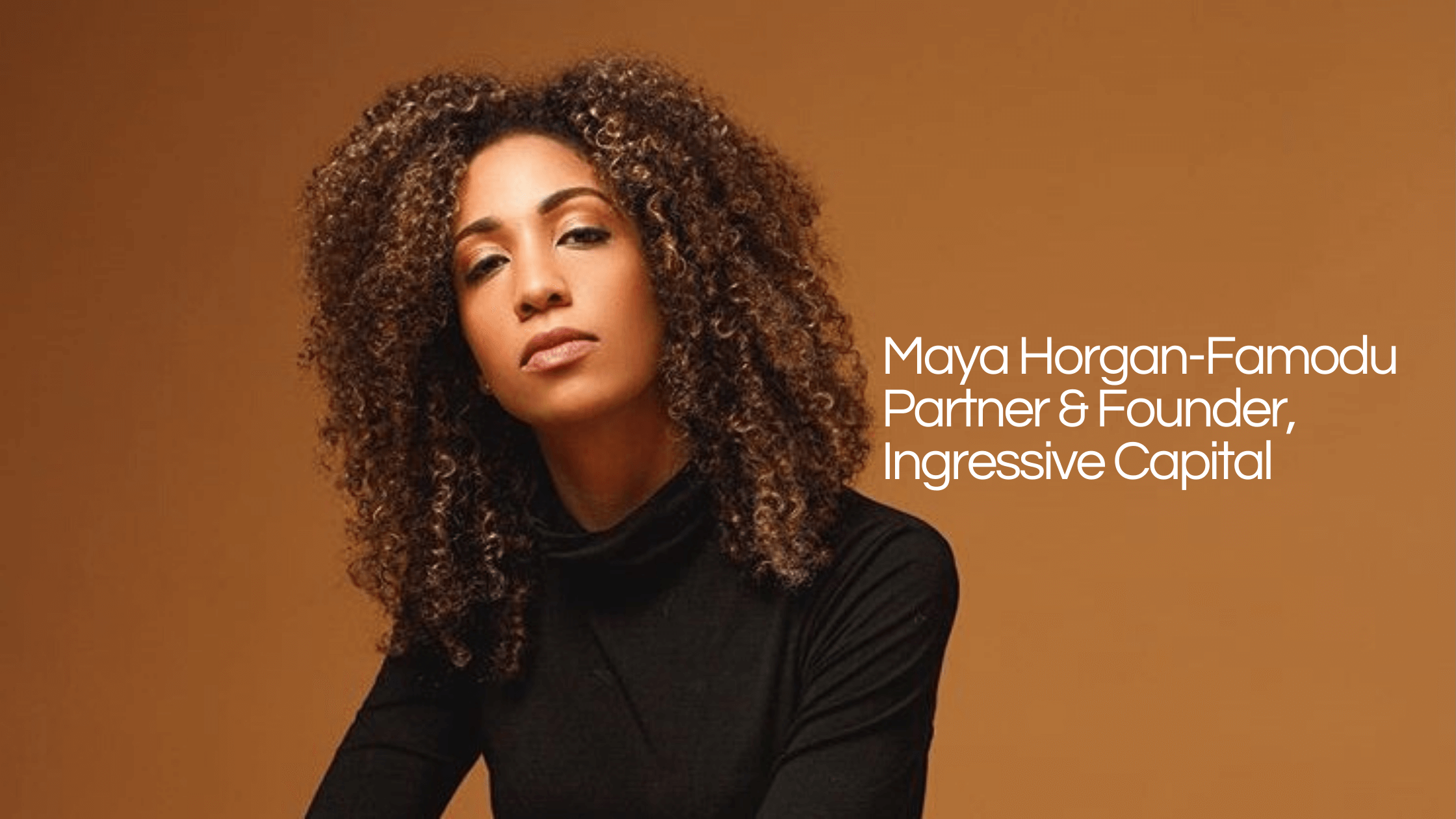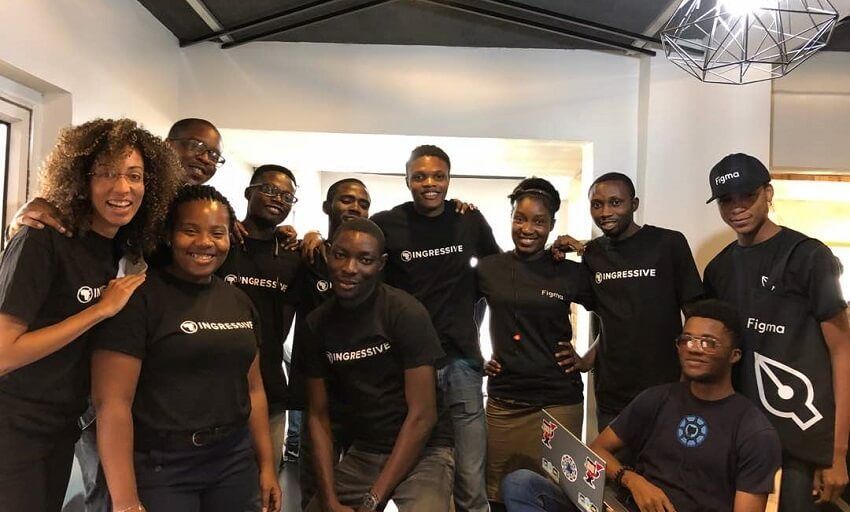Ingressive Capital is now a $10M fund, sets to cut $400K cheques for 10% equity
Ingressive Capital has raised an additional $5 million from new investors to become a $10 million fund. It would be investing between $200,000 and $400,000 in early-stage startups at $2 million valuations for 10% equity.

Ingressive Capital — an early-stage venture capital firm — has raised an additional $5 million from new investors to become a $10 million fund.
The new investors include Nigeria Sovereign Investment Authority (NSIA), Plexo Capital, Platform Capital, Techstars, and Michael Seibel, CEO of Y Combinator.
With a doubled funding capacity, Ingressive Capital has also reviewed its investment deal. Before now, Ingressive Capital invests between $50,000 and $100,000 in pre-seed and seed funding rounds. But henceforth, Ingressive Capital would be investing between $200,000 and $400,000 in early-stage startups at $2 million valuations for 10% equity.
It's not unusual for venture capital firms to review their term sheet or make changes to their investment deal. But considering the economic downturn resulting from the global pandemic, an upward review is outlandish.
Y Combinator — a leading early-stage accelerator — recently closed a funding round and reviewed its standard deal. Starting with the Winter 2021 batch, YC would be investing $125,000 for 7% equity over the coming years. In 2014, YC had set the deal at $120,000 for 7%. And increased it to $150,000 in 2018.
"We have changed our deal several times over the years as we have raised new funds, modified budgets, and to match the current environment and economy", the President of YC, Geoff Ralston, explained. "We do not expect this to be the last time we change the deal, but we do feel this is the right place to be for the next several years".
But Ingressive Capital has a different philosophy.

"We launched and grew Ingressive through Nigeria's last recession", Maya Horgan-Famodu, General Partner at IC, said. "Many billion-dollar companies have been founded or found their footing during economic downturns and market contractions. We know that creativity blossoms when resources become scarce".
Horgan-Famodu — the youngest general partner and first sole female to launch a VC fund in Sub-Saharan Africa — continued to give some examples. "As far as global businesses, IBM found its market and scaled through the Great Depression. Zendesk launched in 2007 and raised in 2008. Airbnb was founded out of the 2008 downturn. WhatsApp, Uber and Venmo launched in the 2009 recession", she said.
"And on the continent, Safaricom was founded in 1993 from Kenya’s worst economic performance since its independence with inflation reaching 100% that year. mPESA also started in 2007 and grew through the following years’ global recession".
Ingressive Capital was launched in 2015 to support the next generation of African innovators. With operations in Nigeria and Ghana, it provides early-stage funding (pre-seed and seed) to tech-enabled businesses. Primarily, these businesses include startups in the business-to-business space providing tech solutions to Africa's traditional industries, startups in the business-to-consumer space, fintechs and internet companies.
In addition to funding early-stage startups, Ingressive Capital also gives them access to technical talent through its robust community of developers and designers. It also provides mentorship for startups in its portfolio. And with its eclectic collection of investors and partners, Ingressive Capital provides access to international capital. It also gives startups global platforms to showcase their solutions.
Ingressive noted that it makes follow-on investment of $250,000 in high-performing companies in its portfolio. It is also expanding to North Africa, starting with Egypt.
Over the last five years, Ingressive Capital has invested in 12 startups. They include Paystack, OgaVenue, Tizeti, Awabike, FuelMetrics, 54gene, Jetstream, OZÉ, Send, FunnelJoy, Vesicash, and Bamboo.
Aside from its venture funding arm, Ingressive Capital also connect foreign investors with the African entrepreneur ecosystem. It has worked with Y Combinator, providing them with market entry services to increase the number of Nigerian companies applying for their accelerator programme.






